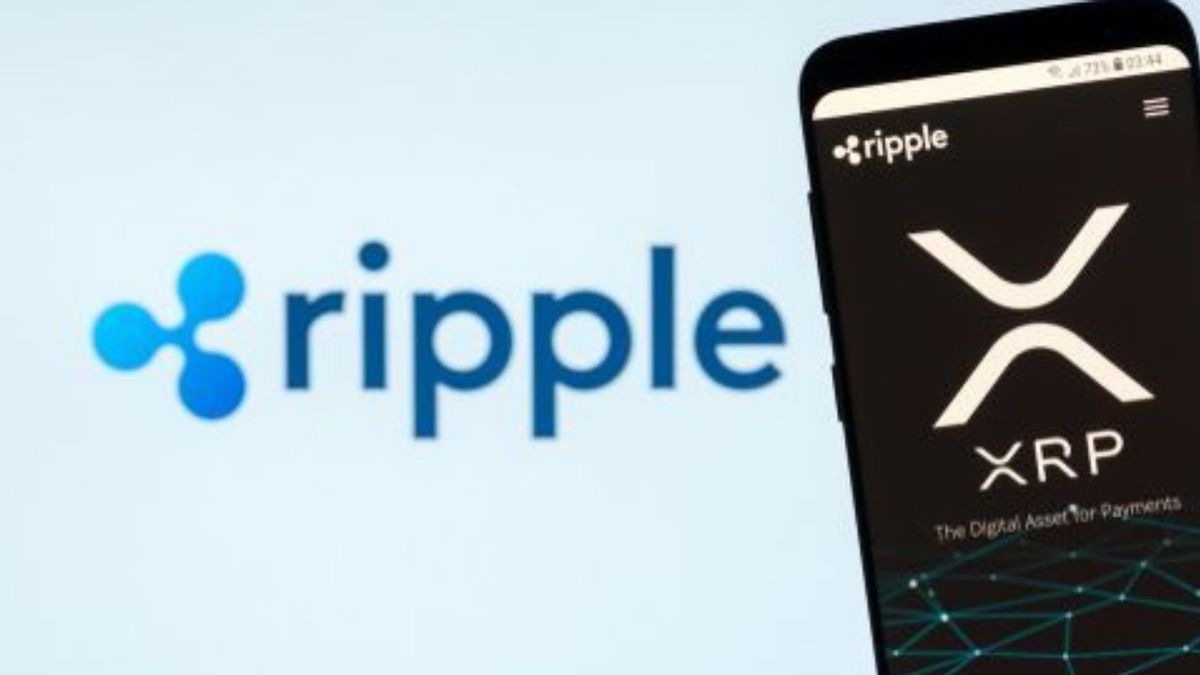JAKARTA – Blockchain-based cross-border remittance company, Ripple, supports the UK to become a leader in cryptocurrency. To that end, Ripple published a new whitepaper explaining how the country can set crypto standards and become a digital currency center like Dubai and Singapore.
Even so, Ripple is facing a lawsuit from the US Securities and Exchange Commission (SEC). The company, led by Brad Garlinghouse, has the backing of a number of leading companies, including Coinbase, TapJets, and I-Remit.
Ripple itself was appointed by the UK regulatory body to take the lead in drawing up the crypto regulatory framework. On Tuesday, November 15th, Ripple issued a regulatory whitepaper suggesting some of the expected revisions to the UK Financial Markets and Services Bill. This bill will define the crypto regulatory framework for the UK.
The regulator first introduced the bill before the UK Parliament on 20 July 2022. In October, lawmakers voted to introduce additional elements to regulate cryptocurrencies. Ripple's recommendations center around establishing a "clear regulatory framework that differentiates between different types of crypto asset activity," depending on the risk profile of each.
"The UK has long hosted one of the world's leading financial centres. Now the UK has the opportunity to build on this foundation to capitalize on the next wave of global financial innovation by developing the crypto asset sector," the Whitepaper reads, as CoinSpeaker reports.
관련 항목:
Whitepaper Discussing Environmental Impact
In addition to regulatory issues, Ripple also addresses the environmental impact of using blockchain networks. In the whitepaper, the environmental impact varies, depending on how token mining and transaction validation are conducted in the network.
For example, Proof-of-Work (PoW) blockchain platforms like Bitcoin require more computing power to add new blocks to the network. On the other hand, Proof-of-Stake (PoS) blockchains require validators to mine crypto to approve transactions. Such a blockchain network consumes very little energy compared to a PoW network.
On the other hand, Ripple claims its distributed ledger network uses a different mechanism than most common blockchains. Ripple calls it a Proof-of-Consensus (PoC) mechanism that requires a unique node to approve transactions for processing on the network.
Ripple also stated that for the time being the XRPL blockchain network is the most environmentally friendly compared to the PoW mechanism used by Bitcoin. Apart from that, the Whitepaper also highlights the importance of educating on the use of cryptocurrencies.
The English, Chinese, Japanese, Arabic, and French versions are automatically generated by the AI. So there may still be inaccuracies in translating, please always see Indonesian as our main language. (system supported by DigitalSiber.id)















